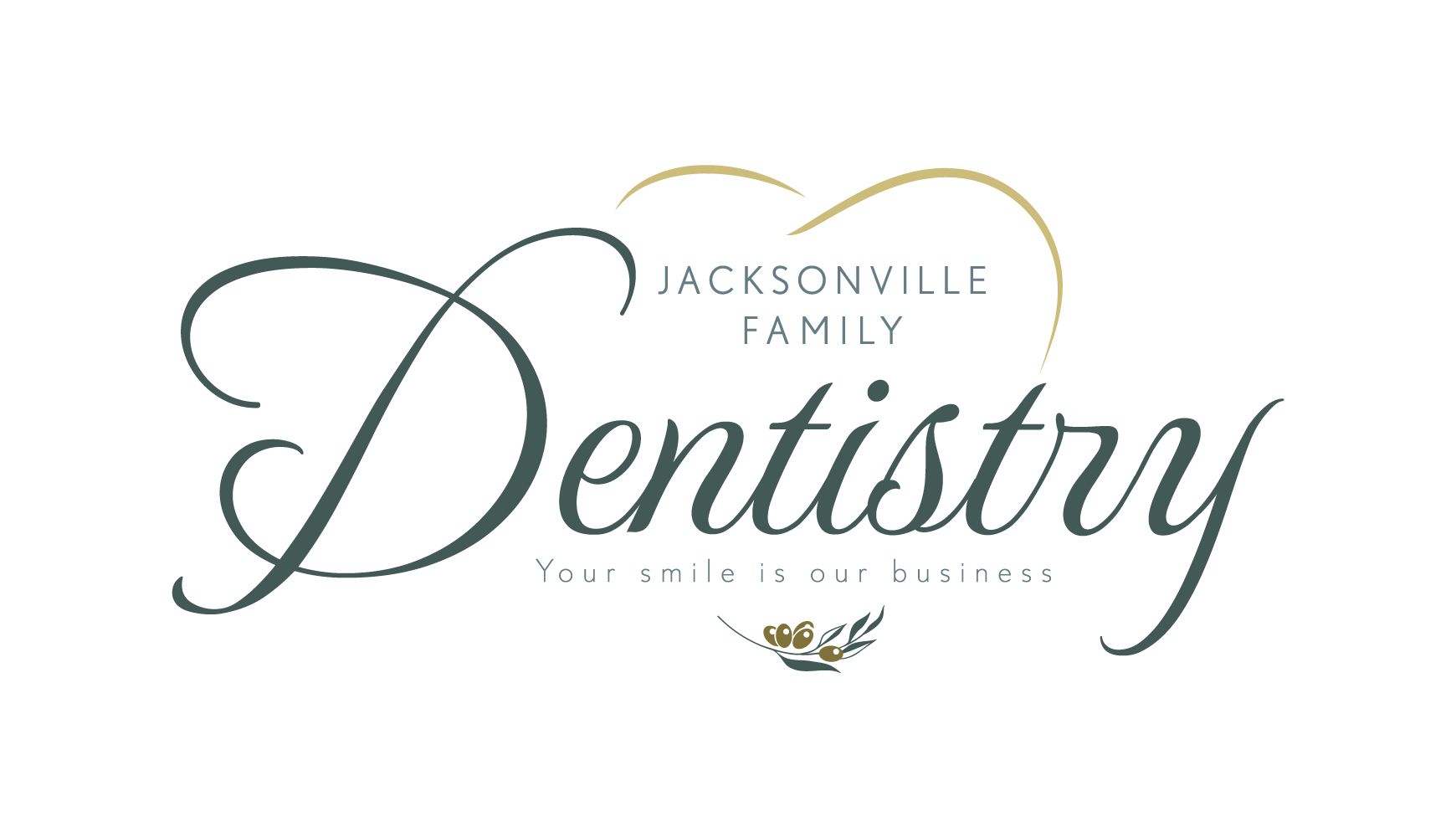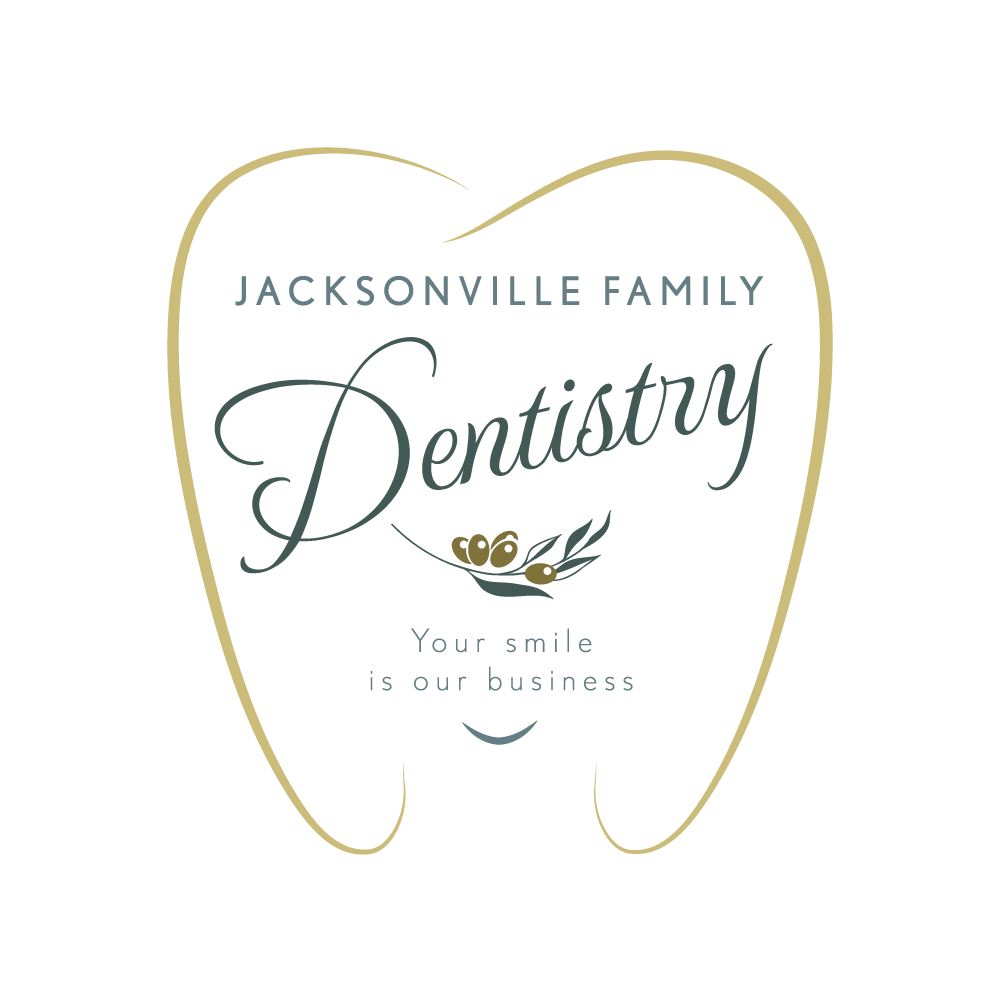Therapeutic Botox
BOTOX USES IN DENTISTRY
WHY JACKSONVILLE FAMILY DENTISTRY?
Botox and fillers offer a myriad of therapeutic benefits in addition to their widely recognized esthetic ones. Dr. Fancher introduced these to her practice to help patients suffering from migraines, TMJ pain, gummy smile, grinding their teeth at night and a host of other medical conditions.
As a perfect fit with the comprehensive menu of dental services, she and her staff are highly trained in Therapeutic Botox and fillers.
Schedule a free consultation to find out how you can find relief from headaches and painful symptoms, as well as recontour your smile through these safe and effective minimally invasive injectables.
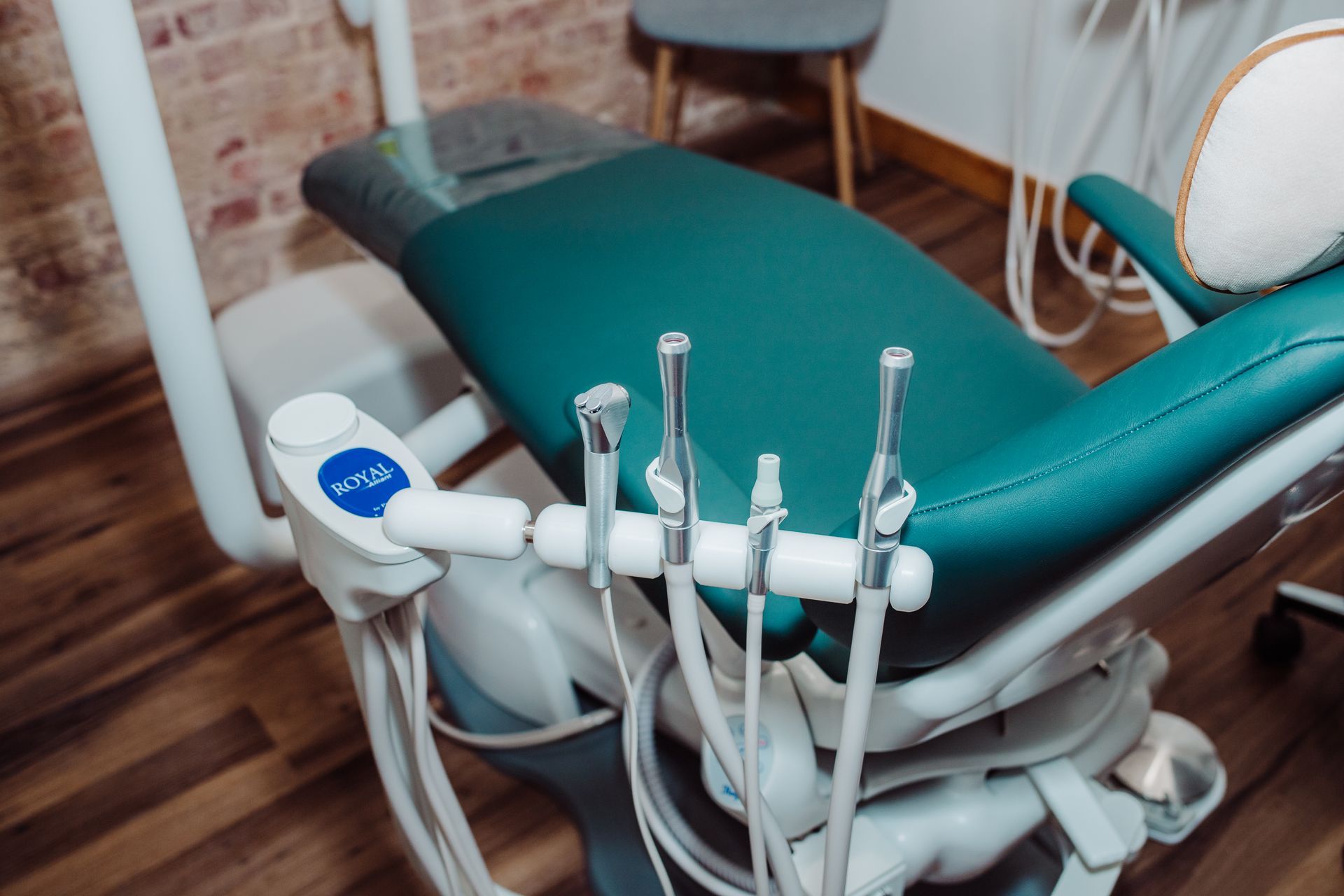
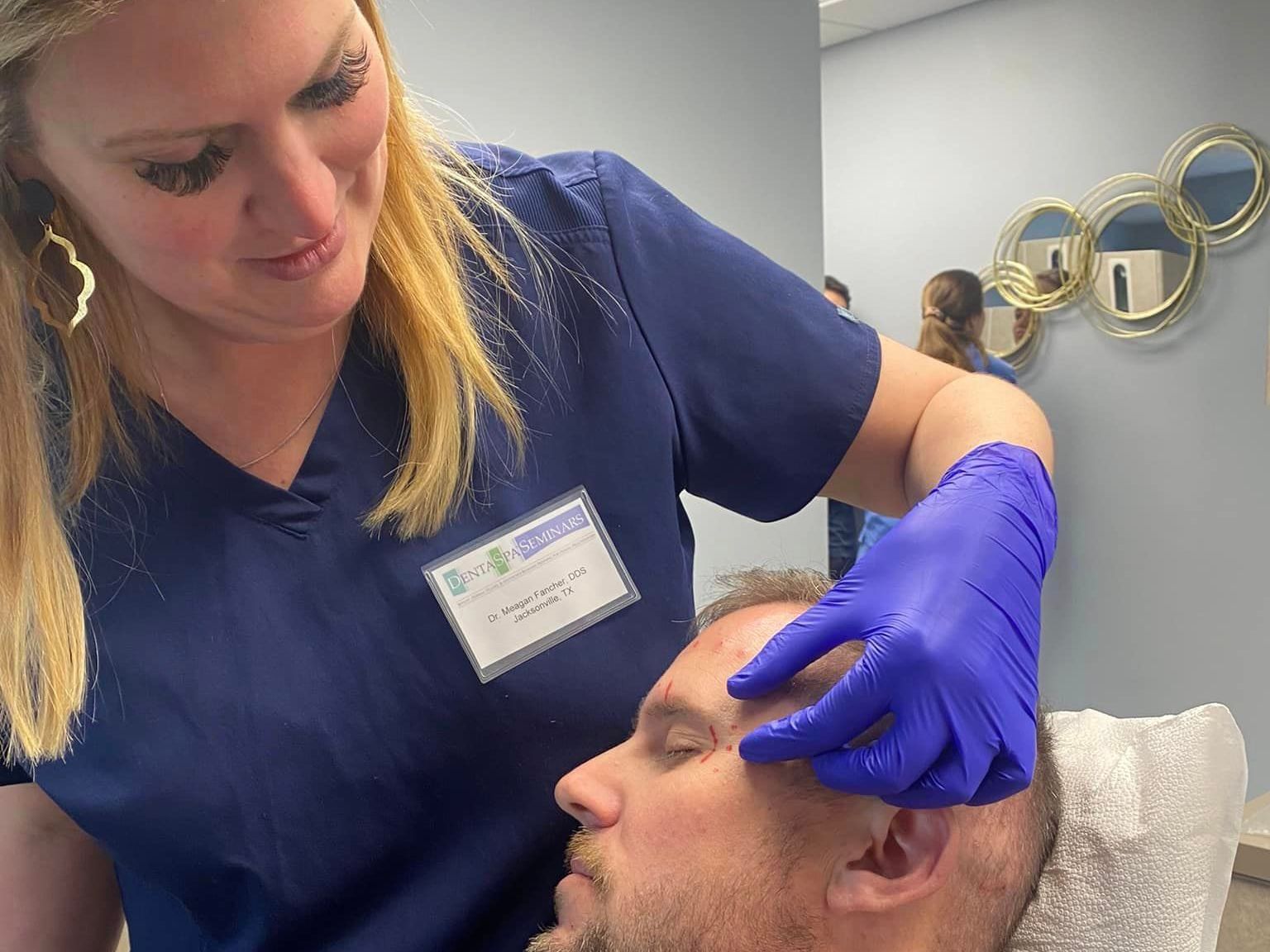
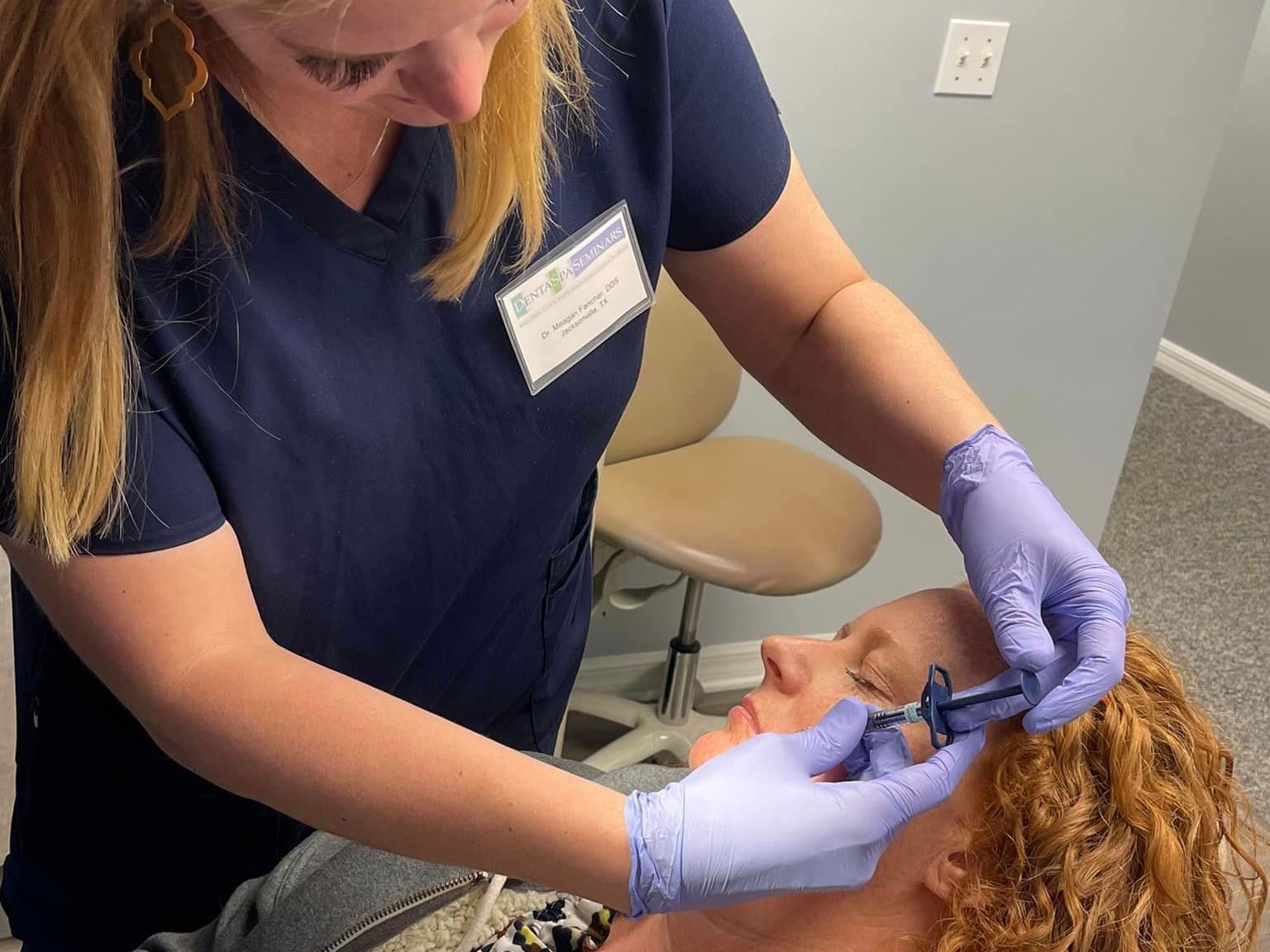
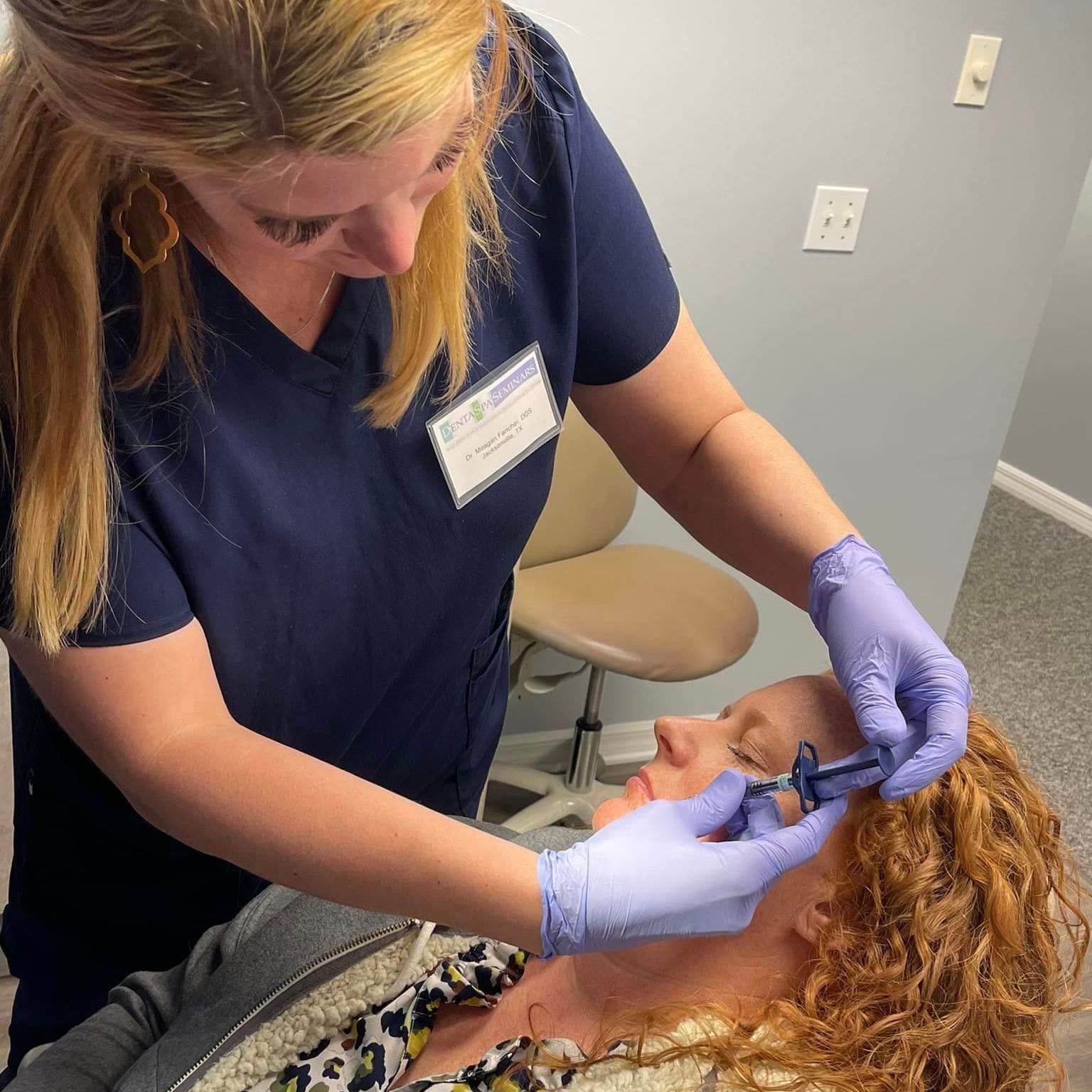
CANDIDATES FOR THERAPEUTIC BOTOX
endentulous patients:
Those who have been edentulous, or toothless, for some time may find it difficult to wear dentures because of repositioned or hyperactive muscles in their mouth. Botox helps to soften and “retrain” them for an easier transition to dentures.
High Lip Line / Gummy Smile:
Botox is effective at relaxing the upper lip muscles to lower them, which creates a more beautiful, balanced-looking smile.
tmj disorder:
Painful, hyperactive muscles are often connected with TMJ. Botox is a direct and minimally invasive method of relaxing the muscles to ease symptoms.
BRUXISM:
Grinding teeth during sleep causes damage to teeth, the bite and jaw. Over time, the masseter muscles begin to thicken when a patient grinds them, which can also cause the face to become more square-shaped. Botox relaxes the muscles, allowing for less grinding and a slimmer-looking face


Get Started Today
BOTOX MYTHS AND FREQUENTLY ASKED QUESTIONS
MYTH: "Only effective for removing lines"
Botox, which is an FDA-approved neurotoxin, works by blocking the signals sent along the nerves from the brain to the muscles, limiting their movement. This function treats a host of conditions in addition to smoothing wrinkles, including the dental issues covered here (TMJ, bruxism, gummy smile and edentulous patients who want to be fitted for dentures), as well as migraine headaches, excessive sweating, neck spasms, overactive bladder and “lazy eye.”
MYTH: "Injections are painful"
Dr. Fancher goes the extra mile in ensuring her patients don’t experience pain during Botox injections. First of all, she applies a topical numbing cream before injecting very tiny needles, unlike the ones you’d receive with a regular shot.
Most patients experience very mild discomfort, and the procedure usually only takes about 10-15 minutes. There isn’t any downtime.
MYTH: "Botox leads to a frozen face"
While Botox minimizes movement and relaxes specific muscles, it does not “freeze” facial features. Doctors are trained to produce the most natural effect in smoothing lines and wrinkles.
MYTH: "Wrinkles worsen after stopping Botox"
Not true. In fact, not only does Botox smooth wrinkles, but by relaxing the muscles, it prevents them from worsening and new ones forming, since repeated facial expressions contribute to wrinkle formation.
MYTH: "Botox treatments are toxic"
Botox injections are administered in small doses by Dr. Fancher. The results last about three to six months and are considered safe when administered by a trained medical professional.
FAQ
-
What is Botox and how does it work?
This beneficial neurotoxin injection was first approved by the FDA in 1989. It works by blocking the signal sent along the nerve from the brain to the muscle, to stop it from contracting. Initially brought to the market as a means of smoothing facial wrinkles, Botox was soon found as an effective treatment for other medical conditions such as migraines, TMJ symptoms, bruxism and more.
-
Can Botox help my TMJ disorder?
Yes. Pain is the most common symptom of TMJ. By softening the chewing muscles and muscles along the face and forehead, Botox can reduce these symptoms.
-
What should I expect during after my Botox treatment?
Dr. Fancher applies a topical numbing cream before making the injections. Pain is minimal, a slight stinging during the procedure, which takes 10-15 minutes in most cases. There is no downtime after Botox. Patients experience minimal side-effects afterward if they have any at all. They may see minor redness, bruising or swelling at the injection sites, which go away in a few days.
-
How much does Botox cost and how long does it last?
Botox is billed per unit. Dr. Fancher keeps prices lower than average, at less than $20 per unit. During an initial consultation, she will give the patient an estimate of how many units they need. Some insurances will cover Therapeutic Botox. And Jacksonville Family Dentistry offers financing plans, too. The treatments usually last 3-6 months.
Our dental SERVICES:
Get In Touch:
Phone :
215 S. Ragsdale Street, Jacksonville, TX 75766
- Mon - Fri
- -
- Sat - Sun
- Closed
All Rights Reserved | Jacksonville Family Dentistry
This site is powered by Bluefoot Dental Marketing Services
